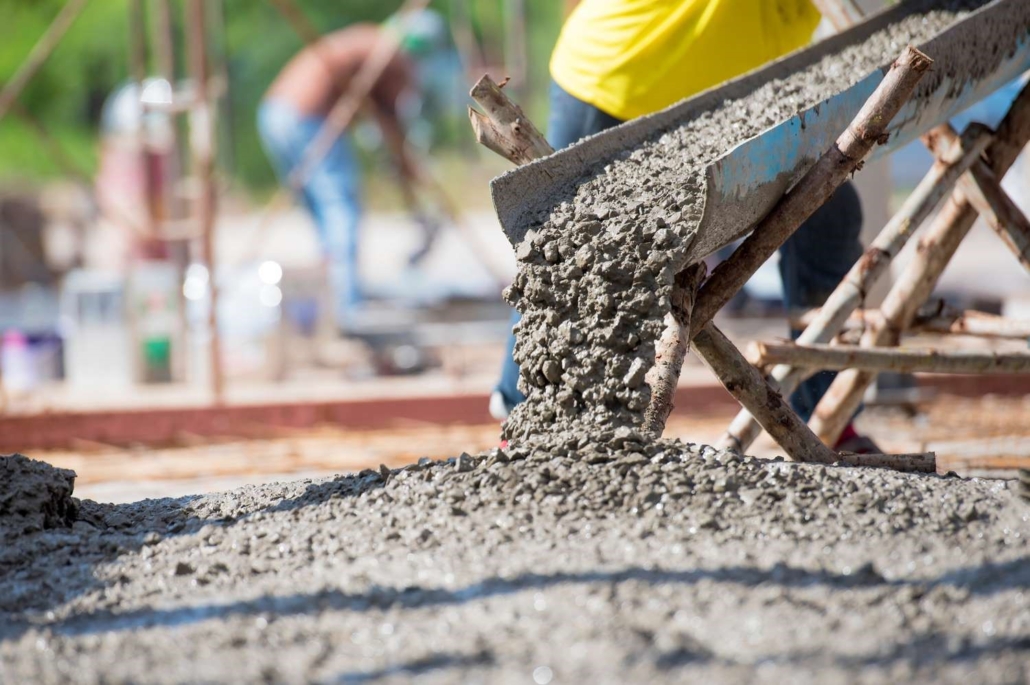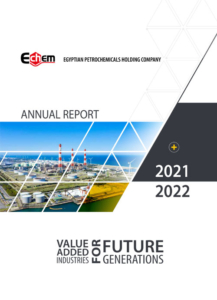Transforming Concrete Strength Through Advanced Water Reduction Techniques
Types and Categories
Superplasticizers
Superplasticizers are additives used in concrete to enhance its fluidity without increasing water content. SNF, a type of superplasticizer, works by dispersing cement particles more efficiently, thereby reducing the water requirement while improving workability and strength. Its chemical composition and compatibility with various cement types make it a preferred choice in high-performance concrete mixes.
Polycarboxylate Ether (PCE)
In comparison to SNF, Polycarboxylate Ether (PCE) offers advanced properties in concrete admixtures. It provides superior water reduction capabilities and compatibility with different cement types. PCE-based admixtures are widely used in modern construction due to their ability to maintain concrete flowability over extended periods, crucial for large-scale projects requiring precise concrete placement and durability.

Symptoms and Signs
Improved Workability
SNF enhances concrete workability by reducing internal friction between particles, allowing for easier placement and compaction. This property is crucial in achieving uniform concrete consistency across construction projects, ensuring optimal performance and durability. Workability tests, such as slump tests, validate SNF’s effectiveness in improving concrete handling on-site.
Enhanced Strength Development
The use of SNF accelerates early-age strength development in concrete, crucial for reducing construction timelines and enhancing structural integrity. Long-term studies demonstrate SNF’s role in improving concrete durability and performance under various environmental conditions, making it a preferred choice in high-stress applications such as bridges, dams, and high-rise buildings.
Causes and Risk Factors
Chemical Composition
SNF’s molecular structure allows it to disperse cement particles effectively, reducing the water demand while enhancing cement hydration. Understanding its chemical composition is crucial for optimizing concrete mix designs and achieving desired performance characteristics, such as compressive strength and durability.
Dosage and Application Techniques
Optimal SNF dosage depends on factors like cement type, ambient temperature, and desired concrete properties. Precise application techniques ensure uniform dispersion within the concrete mix, enhancing its performance and reducing material wastage. Adherence to industry standards and compatibility testing protocols ensures consistent quality in concrete production.

Diagnosis and Tests
Compatibility Testing
Before incorporating SNF into concrete mixes, compatibility testing ensures its effectiveness with specific cement types and admixture combinations. These tests validate the admixture’s ability to enhance concrete properties without compromising its long-term durability or structural integrity.
Performance Testing
Accelerated strength tests and long-term performance evaluations assess SNF’s impact on concrete durability and structural strength over time. These tests provide empirical data supporting SNF’s effectiveness in various construction applications, guiding engineers and contractors in optimizing concrete mix designs for specific project requirements.
Treatment Options
Formulation of Concrete Mixtures
SNF’s incorporation into concrete mixtures requires meticulous proportioning to achieve desired performance characteristics. Engineers adjust mix designs based on project specifications and environmental factors, ensuring optimal concrete workability, strength, and durability throughout its service life.
Application Techniques
Proper mixing, pumping, and placement techniques are crucial for maximizing SNF’s benefits in concrete construction. Uniform admixture dispersion and controlled concrete handling practices prevent segregation and ensure consistent concrete quality from batch to placement, vital for achieving structural integrity and long-term performance.

Preventive Measures
Quality Control Measures
Effective quality control measures involve monitoring SNF dosage, storage conditions, and handling procedures to maintain admixture integrity and effectiveness. Supplier certification and selection based on reliability and adherence to industry standards ensure consistent admixture performance in concrete production.
Environmental Impact Reduction
SNF’s role in reducing water content in concrete contributes to sustainable construction practices by minimizing resource consumption and carbon emissions. Recycling water in concrete production further enhances environmental stewardship, aligning with global efforts towards eco-friendly construction solutions.
Personal Stories or Case Studies
Construction Projects
Real-world case studies highlight SNF’s application in diverse construction projects, from high-rise buildings to infrastructure developments. Engineers and contractors share their experiences and testimonials on SNF’s benefits in enhancing concrete performance and achieving project milestones efficiently.
Innovations in Concrete Technology
Ongoing innovations in concrete technology continue to optimize SNF’s effectiveness in achieving high-performance concrete with reduced environmental impact. Future advancements aim to further enhance concrete durability, strength, and sustainability through advanced admixture formulations and construction practices.

Expert Insights
Industry Perspectives
Experts in concrete technology emphasize SNF’s pivotal role in enhancing construction efficiency, sustainability, and structural performance. Insights from engineers, chemists, and industry professionals provide valuable perspectives on SNF’s benefits and future applications in global construction projects.
Regulatory Perspectives
Regulatory frameworks and standards govern SNF’s application in concrete production, ensuring compliance with environmental regulations and safety protocols. Global trends in concrete admixture usage underscore SNF’s increasing adoption in sustainable construction practices worldwide.

(FAQs)
What is SNF in concrete?
Sodium Naphthalene Formaldehyde (SNF) is a type of superplasticizer used in concrete production. It acts as a dispersant that improves the flow and workability of concrete without increasing its water content. SNF is known for its ability to reduce the water-to-cement ratio while maintaining or even enhancing concrete strength and durability.
How does SNF enhance concrete strength?
SNF enhances concrete strength by improving the dispersion of cement particles. This results in better hydration of cement, leading to increased compressive strength over time. Additionally, SNF reduces the internal friction between particles, allowing for easier compaction and achieving higher early-age and long-term strength.
What are the benefits of using SNF in concrete?
Using SNF in concrete offers several benefits:
Improved Workability: SNF improves the flowability and ease of placement of concrete, making it easier to handle and reducing labor costs.
Enhanced Strength Development: SNF accelerates the early-age strength development of concrete, which is crucial for reducing construction timelines and achieving higher structural performance.
Water Reduction: SNF significantly reduces the water demand in concrete mixes, contributing to improved durability and reduced shrinkage.
Compatibility: SNF is compatible with various cement types and admixtures, offering flexibility in concrete mix designs for different construction applications.
Is SNF safe to use in concrete?
Yes, SNF is considered safe for use in concrete when used according to recommended guidelines and dosage. It undergoes rigorous testing to ensure compatibility with cement and other admixtures, adhering to industry standards for quality and performance. Proper handling and storage practices are essential to maintain its effectiveness and safety on construction sites.
How do you determine the dosage of SNF in concrete?
The dosage of SNF in concrete depends on factors such as cement type, desired concrete properties, and environmental conditions. It is typically determined through trial mixes and compatibility testing to achieve optimal performance. Engineers and concrete professionals calculate the dosage based on specific project requirements and performance goals, ensuring consistent and reliable results.
What are the environmental benefits of using SNF in concrete?
Using SNF in concrete production contributes to environmental sustainability by:
Reducing Carbon Footprint: SNF helps reduce the water content in concrete, lowering the amount of cement needed per cubic meter of concrete. This reduces greenhouse gas emissions associated with cement production.
Water Conservation: By reducing water usage in concrete mixes, SNF supports water conservation efforts, particularly in regions facing water scarcity.
Recycling Opportunities: SNF can be part of sustainable concrete practices that include recycled materials and efficient use of resources, promoting eco-friendly construction practices.
Where can SNF be used in construction?
SNF is versatile and can be used in various construction applications, including:
High-rise Buildings: For achieving high-strength and durable concrete mixes suitable for tall structures.
Infrastructure Projects: Including bridges, dams, and highways where concrete durability and performance are critical.
Pre-cast Concrete: For manufacturing pre-cast elements with superior strength and workability.
Ready-Mix Concrete: To improve the flow and pumpability of concrete mixes for on-site construction.
What are the future trends in SNF technology?
Future trends in SNF technology focus on:
Enhanced Performance: Continued research aims to improve SNF formulations for better compatibility, efficiency, and durability in concrete applications.
Sustainability: Innovations in SNF aim to further reduce environmental impact through eco-friendly additives and manufacturing processes.
Integration with Smart Technologies: SNF may integrate with digital tools for real-time monitoring and optimization of concrete performance on construction sites.
Conclusion
SNF represents a significant advancement in concrete technology, offering substantial benefits in water reduction, workability enhancement, and structural performance. Adopting advanced water reduction techniques not only improves concrete quality and durability but also contributes to sustainable construction practices globally. As construction demands evolve, SNF continues to play a crucial role in optimizing concrete performance and meeting future infrastructure challenges effectively.





